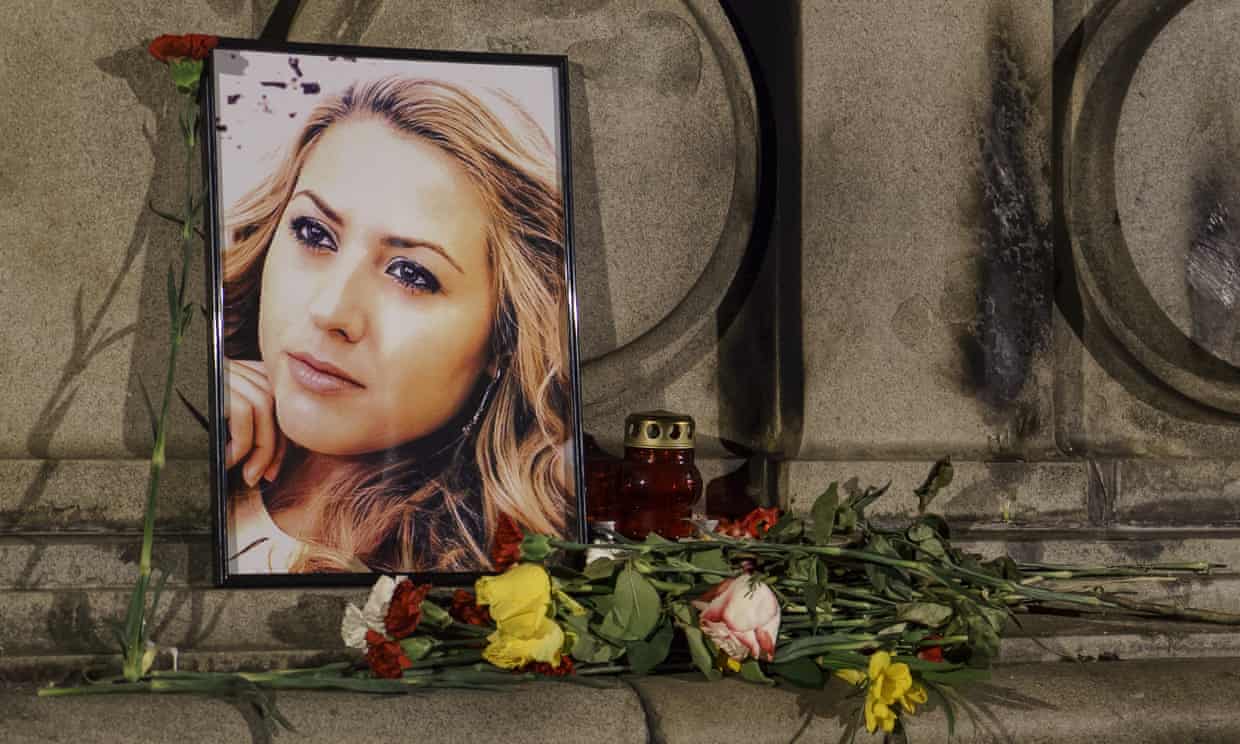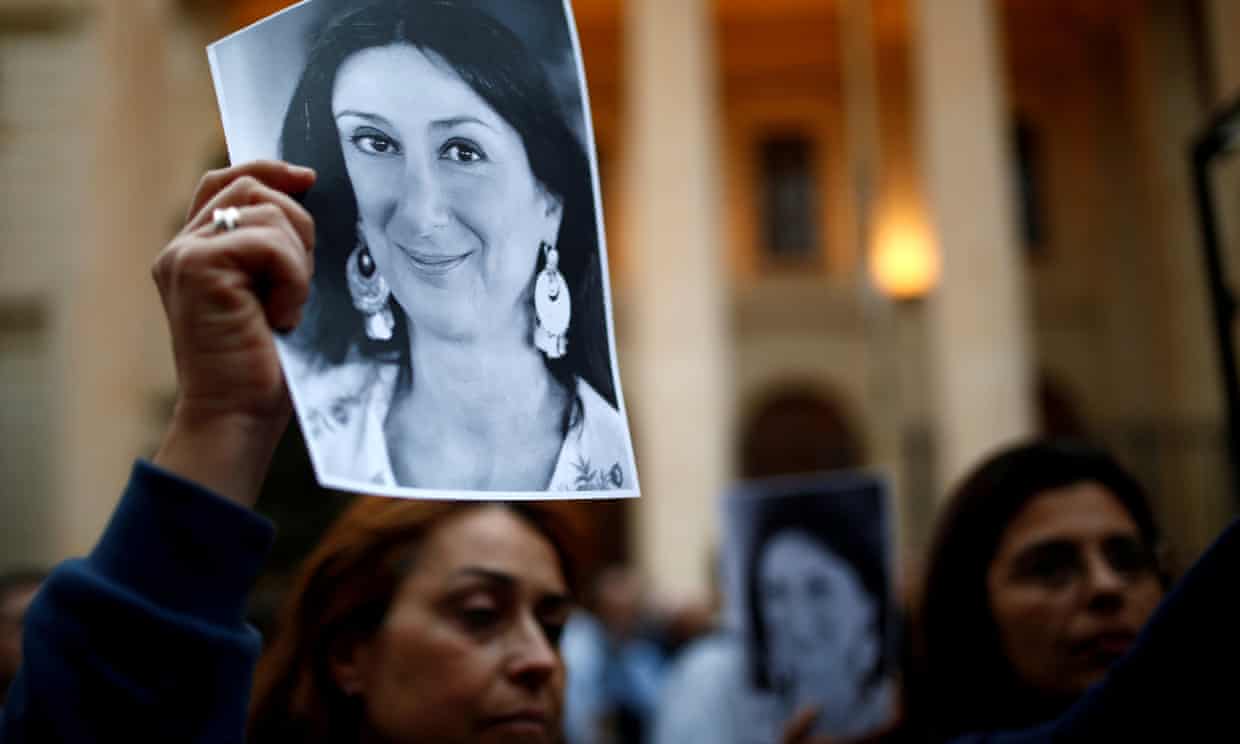
Viktoria Marinova
The attack on free press and journalists is not just relegated to the American Far Right. It is not just Trump screaming Fake News and denouncing any negative or scandalous headline or book that comes into the public’s purview. It is not only in the United States that mass shootings are now directed at major newspapers. Around the world, people are being emboldened to take their grudges out on journalists who are only interested in exposing the truth.
From the United States and beyond, cases of journalists under assault are a part of a larger attack on the Free Press that accompanies the rise of far right and authoritarian governments. From the United States, to the EU, to the Middle East and beyond, governments have attempted to crackdown on those writing about corruption and dictatorial politics with threats and violence. For example, US resident and columnist for the Washington Post, Jamal Kashoggi, a Saudi dissident, disappeared and is thought to have been assassinated in the Saudi Consulate in Istanbul from orders of the highest levels of the Saudi royal family. Kashoggi’s high-profile death has created an international crisis, with Britain, France and Germany demanding a credible investigation into Kashoggi’s disappearance. Trump has only warned of “severe punishment” if the allegations are true, though that doesn’t seem to be stopping the large arm sales to the country from the United States, worth $110 billion.
In Europe, the rape and murder of Bulgarian journalist Viktoria Marinova, alarmed many as it had been the third death of a journalist in the EU in the past year. Marinova was a broadcaster on TVN, where she was a presenter on a talk program called Detector. The last episode of her show covered alleged corruption and fraud involving EU funds and prominent businessmen and politicians. The two journalists invited on the program to speak, Attila Biro and Dimitar Stoyanov, had been arrested in September investigating corruption. The attack was downplayed as just a spontaneous sexual assault, but many are suspicious that the attack was politically motivated because of Marinova’s work as a journalist in a country that is extremely hostile to free press. Bulgaria is currently ranked 111 out of 180 countries in the Reporters Without Borders world press freedom index.
Viktoria Marinova’s death follows two other high-profile journalists murdered within the past year. Malta journalist Daphne Caruana Galizia died in an explosion after she left her home in Bidnija. Galizia was a harsh critic of the Malta government, effectively triggering an early election by publishing allegations linking the Prime Minister Joseph Muscat to the Panama Papers scandal, in particular funneling money into offshore bank accounts to hide payments from Azerbaijan’s ruling family. In her blog. Galizia also targeted opposition politicians.
In Slovakia, journalist Jan Kuciak and his fiancée Matina Kusnirova were found shot dead in their home. Kuciak was in the middle of investigating links between the Italian mafia and figures close to Slovakia’s Prime Minister, Robert Fico. Kuciak had alleged that Italian businessmen with ties to the Calabrian organized crime syndicate the ‘Ndrangheta had settled in eastern Slovakia, spending years embezzling EU funds for the region on the border with Ukraine. These men cultivated business links with senior officials, including people close to the prime minister, such as former glamour model Maria Troskova, the minister’s “chief state adviser”, and Viliam Jasan, secretary of Slovakia’s national security council. Police have stated that the attacks bear all the hallmarks of a contract killing.
In the past year, four journalists attempted to uncover corruption and greed to better their respective countries by exposing injustice. Two were men, two were women. The viciousness with which they were attacked speaks to the fear that those in power, both in front of the camera and behind the scenes, have when their corruption is brought to light. Their deaths also speak to the larger movement of anti-free press sentiment and the rise of authoritarian governments across the United States and around the world.

Daphne Caruana Galizia
(Photo Credit 1: Guardian / Filip Dvorski / AP) (Photo Credit 2: Guardian / Darrin Zammit Lupi / Reuters)